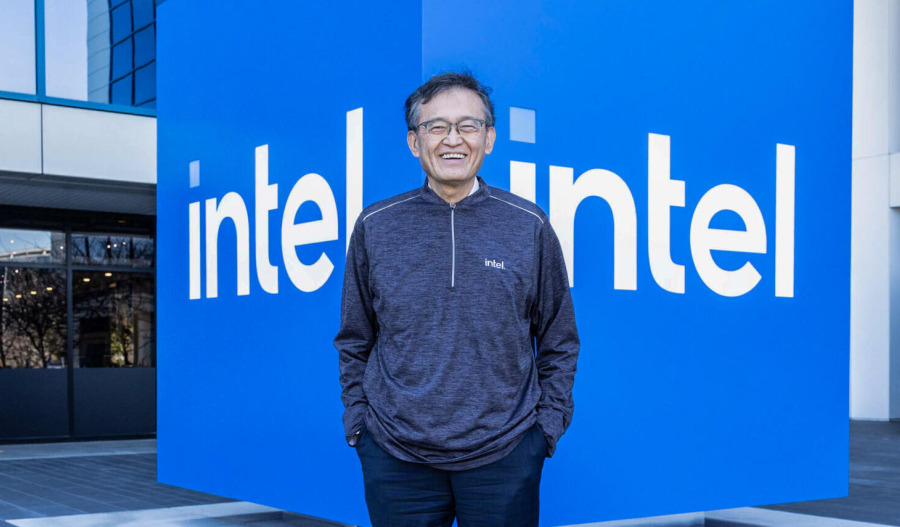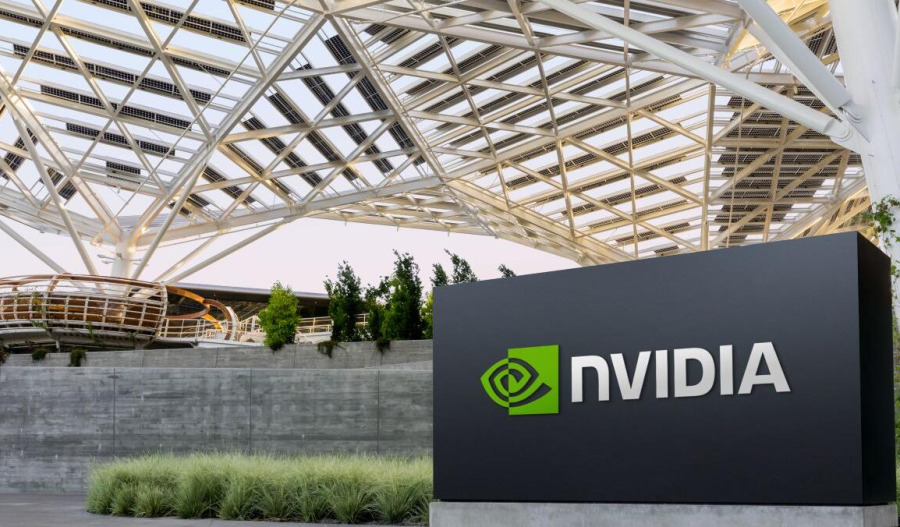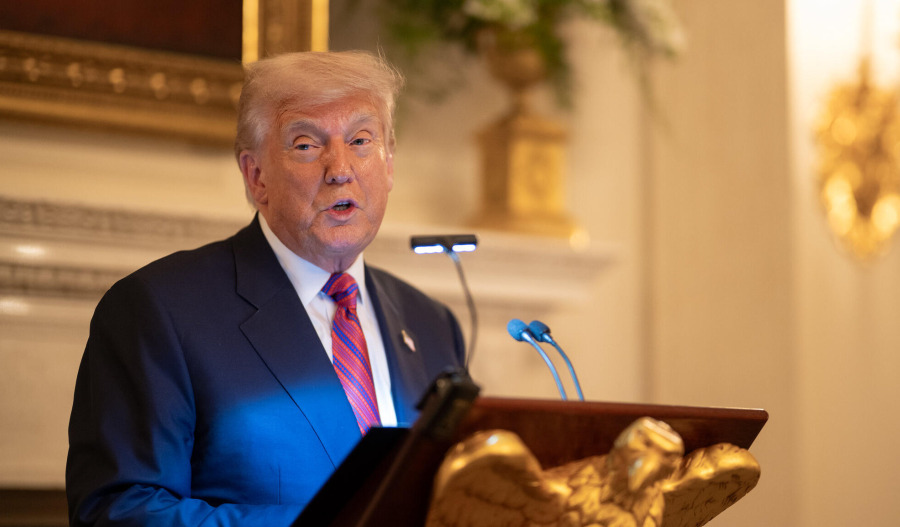White House economic adviser Kevin Hassett dropped a bombshell Monday, suggesting the government's US$8.9 billion Intel stake is just the start of further investments in chip companies.
Speaking to CNBC, Hassett called the Intel deal "like a down payment on a sovereign wealth fund" and hinted at more deals across industries, telling reporters Trump wants to "build up a sovereign wealth fund" - corporate America, meet your new investor.
Muscling in on tech firms
The government recently converted $5.7 billion in unpaid CHIPS Act grants into a 10% Intel stake, plus $3.2 billion from the Secure Enclave program, making Washington the tech company's biggest shareholder, albeit without voting rights.
Governments staking into listed companies comes with mixed results. For instance, Taiwan's TSMC controls 90% of advanced chip production, and China's domestic efforts have flopped - self-sufficiency sits at 16% despite throwing billions at the problem. America's chip independence hangs by a thread.
The strategy extends beyond Intel. Trump already secured 15% revenue cuts from Nvidia and AMD on China sales and grabbed a "golden share" in the U.S. Steel merger.
Critics such as former UN ambassador Nikki Haley warned Intel will become a “test case of what not to do".
But the stakes are real. A conflict between Taiwan and China could cost $10 trillion globally to chip production - or worse, a blockade alone could trigger an eye-whopping $2.7 trillion in losses.
Trump's betting big on state intervention over free markets. Whether it's smart policy or expensive meddling depends on execution.



